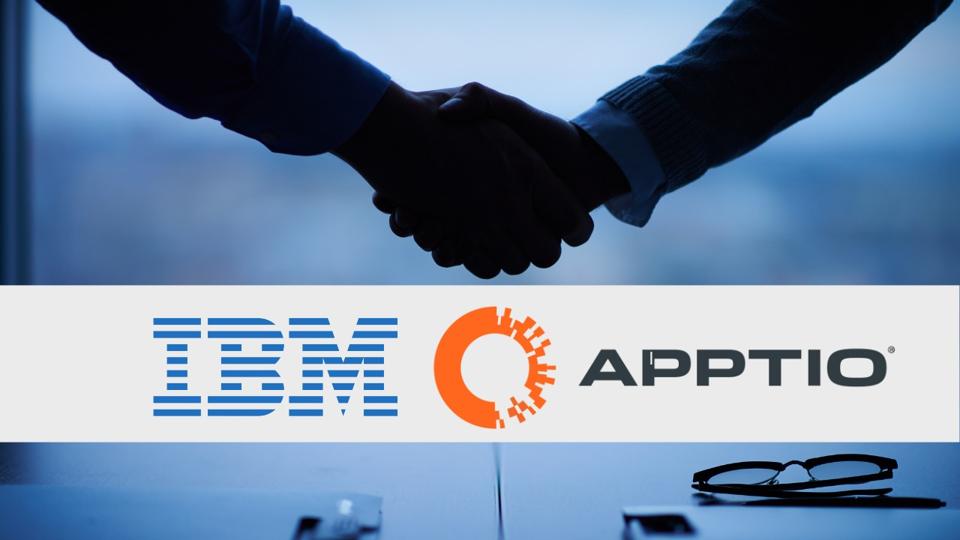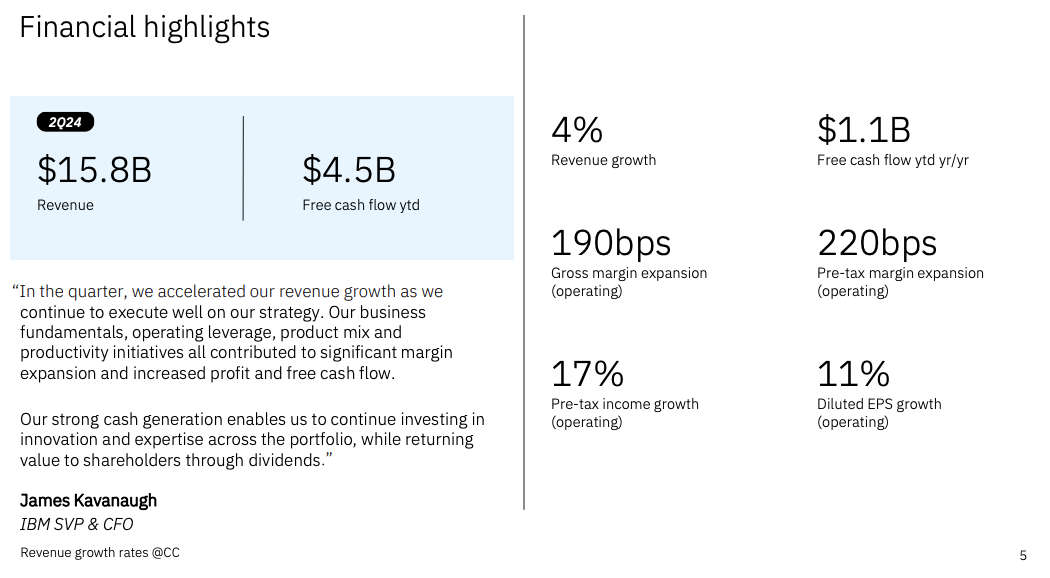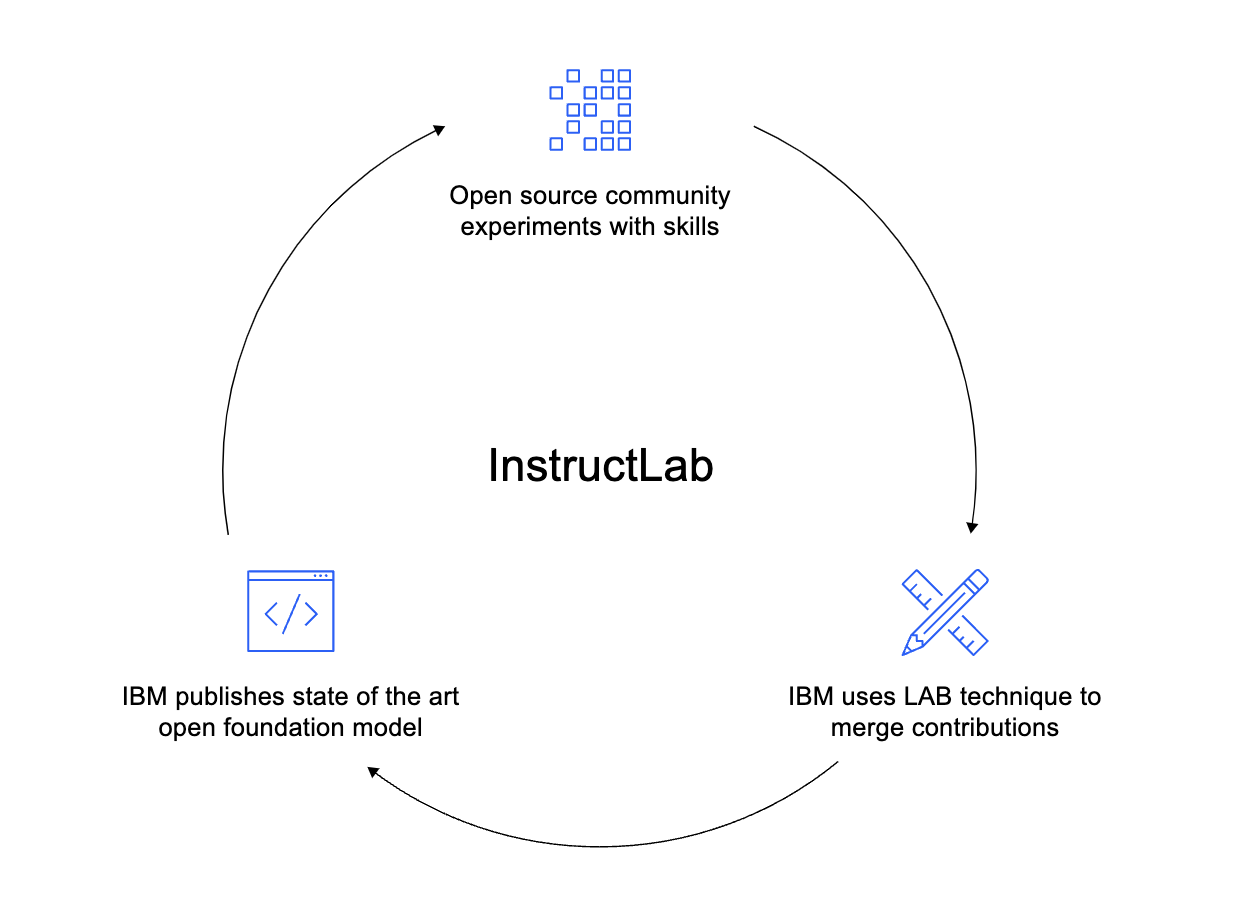IBM this week announced its intention to acquire Apptio, a leader in IT financial and technology business management, for $4.6B in an all-cash deal.
Who is Apptio?
Apptio’s core offerings revolve around its suite of cloud-based software products that enable IT leaders to understand the costs, value, and utilization of their technology assets. By collecting and analyzing data from various sources within an organization, such as financial systems, asset repositories, and project management tools, Apptio provides valuable insights into the cost and performance of IT investments.
One of Apptio’s key strengths lies in its ability to translate complex technical and financial information into a language business executives can easily understand. This allows CIOs and IT leaders to have meaningful conversations with other business stakeholders, making informed decisions about technology investments and resource allocation.
Apptio’s platform encompasses a wide range of capabilities, including IT cost management, IT planning and budgeting, vendor management, IT service costing, and benchmarking. These features empower organizations to optimize IT spending, identify cost-saving opportunities, and allocate resources effectively.
In recent years, Apptio has expanded its offerings beyond traditional IT financial management to include strategic planning and enterprise architecture capabilities. This evolution reflects the company’s recognition of the changing IT landscape, where businesses increasingly embrace digital transformation and seek to align technology investments with business outcomes.
Moreover, Apptio has demonstrated a commitment to innovation and staying at the forefront of technological advancements. It has embraced emerging trends such as artificial intelligence and machine learning to enhance its capabilities further. By leveraging these technologies, Apptio enables predictive analytics and automation, helping organizations make data-driven decisions and streamline their IT operations.
Analysis
IBM’s planned acquisition of Apptio is the latest in a continuing pattern of IBM investing in companies and technologies that help customers accelerate their journey to hybrid cloud and AI. Apptio’s functionality nicely complements the portfolio of capabilities that IBM has built through both internal development and acquisition.
Measurement is at the core of managing IT resources, and over the past three years IBM has become well-positioned in this space. In 2020, IBM acquired Instana, a leading enterprise observability and application performance monitoring (APM) platform, and Nordcloud, a leader in cloud implementation and application transformation. A year later, IBM’s acquisition of Turbonomic gave IBM new network performance management (NPM) capabilities, along with a broader set of APM functionality.
In a conversation with analysts this week, IBM’s senior vice president Kareem Yusuf and Apptio’s co-founder and CEO Sunny Gupta told us that Apptio would leverage all of IBM’s management and observability tools to better help IT organizations quantify the cost of operations. This includes integrating technologies acquired from Instana and Turbonomic,as well as deep integration with IBM Red Hat Openshift, the industry-leading cloud-native management framework.
IBM has always helped enterprises navigate complex digital transformation projects, from inception to operation. Adding Apptio to its portfolio strengthens IBM’s story. Integrating Apptio with Red Hat Openshift and IBM’s existing APM tools will give IBM an unmatched story as it helps enterprises manage the cost and complexity of the modern hybrid-cloud. This is a strong acquisition for IBM and a good home for Apptio.





